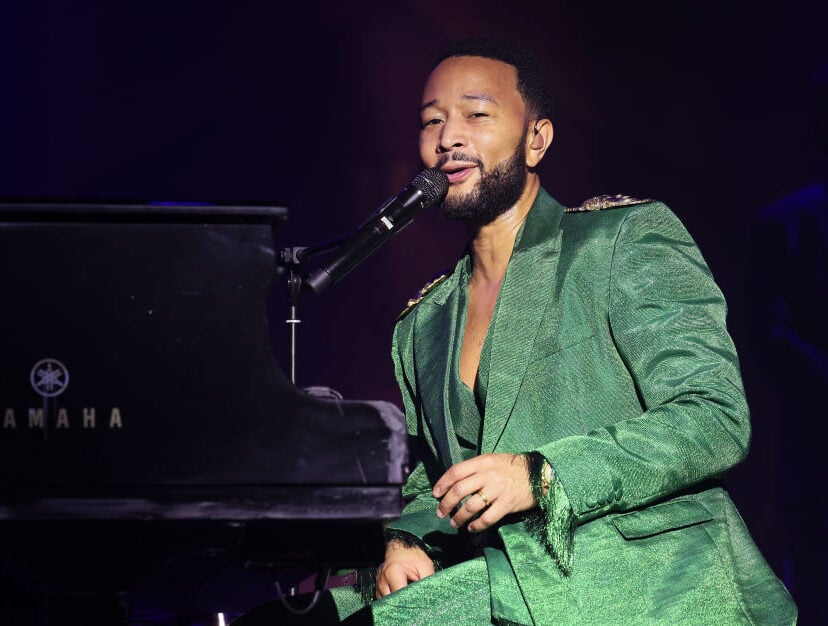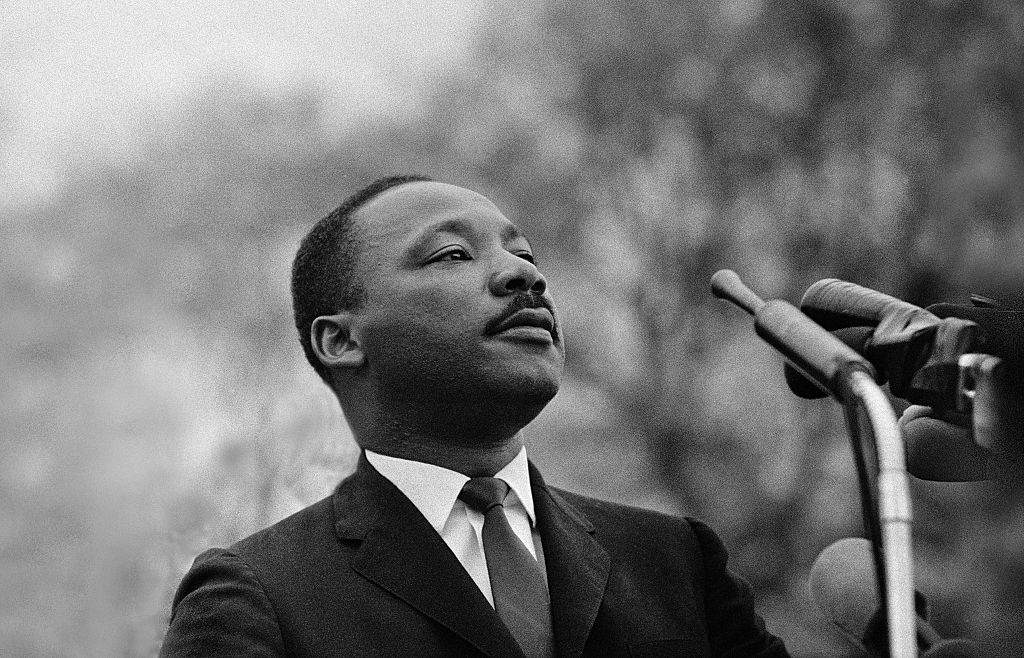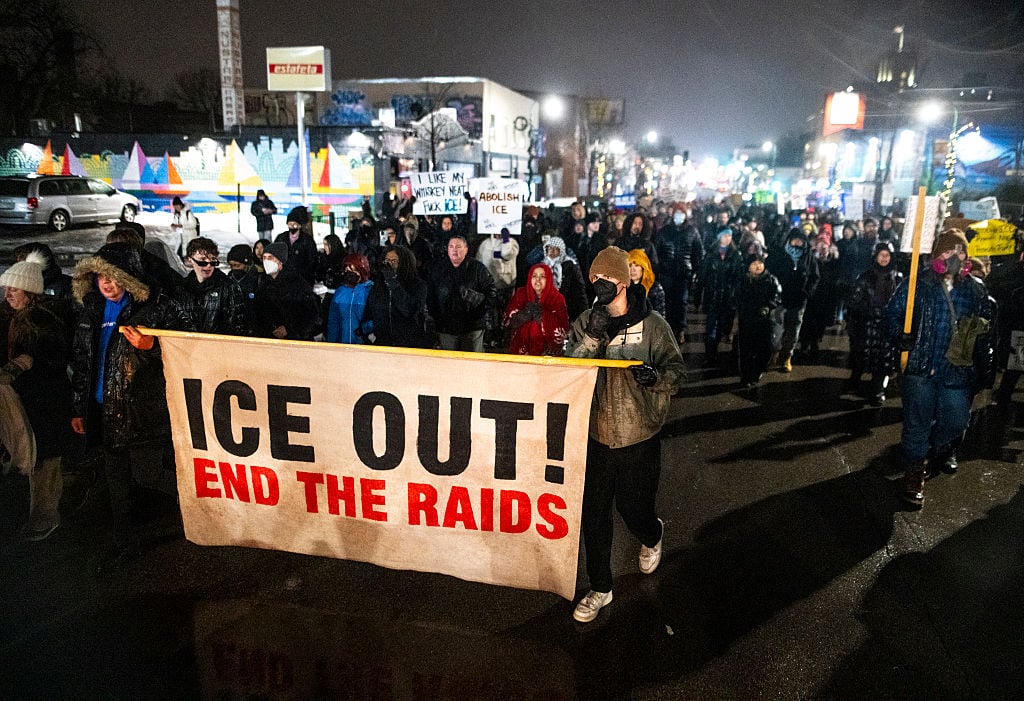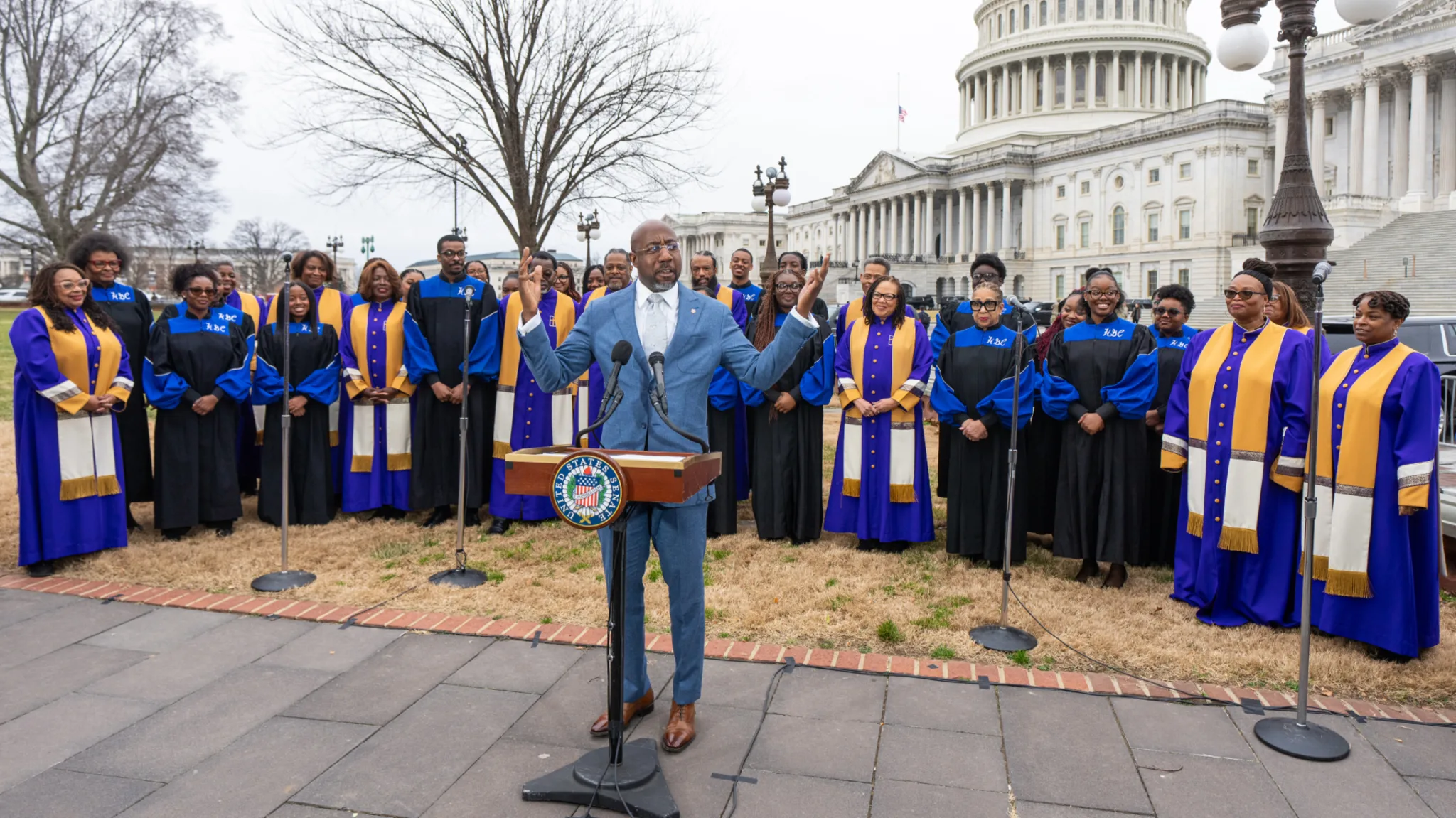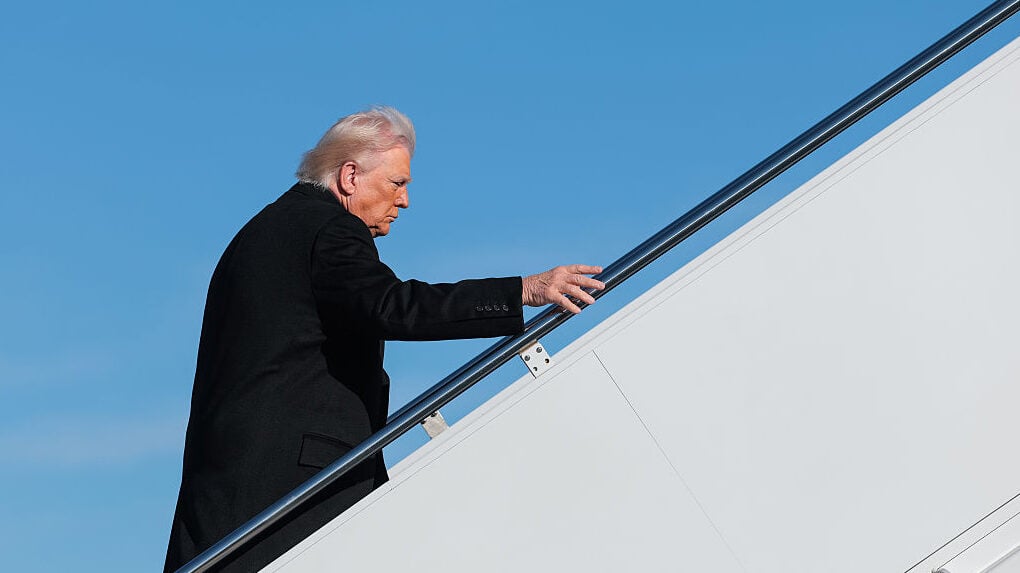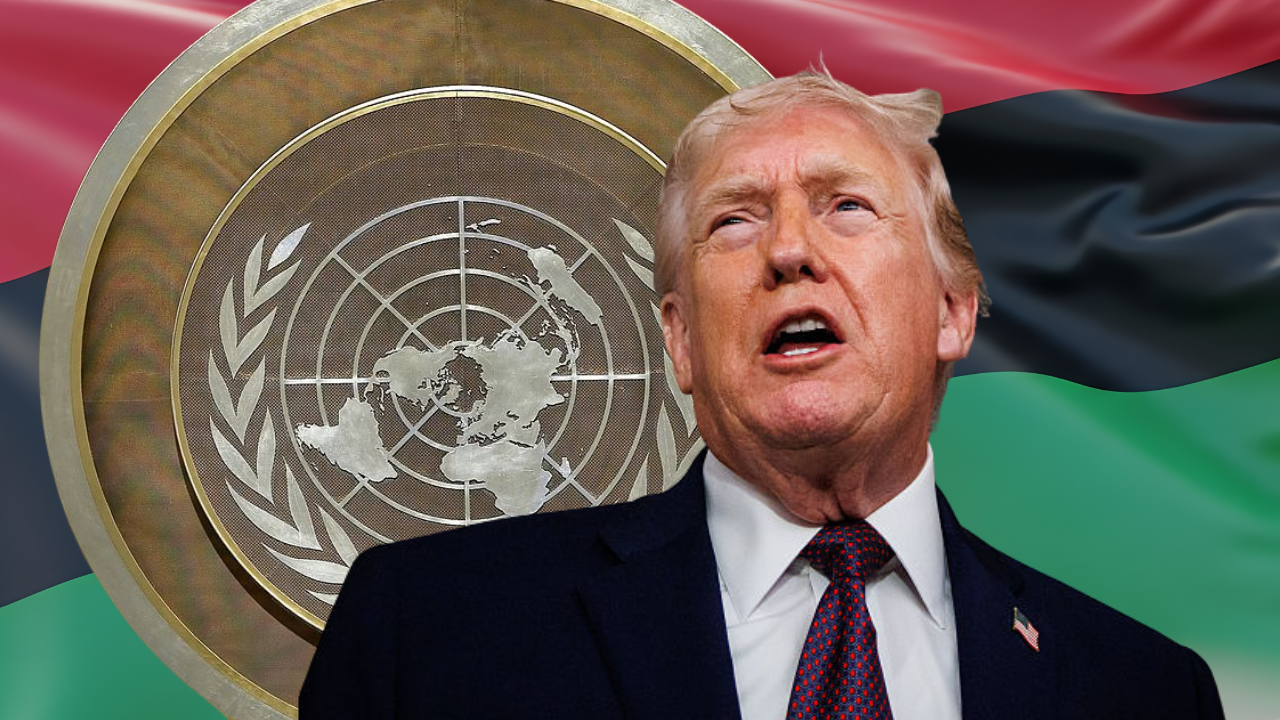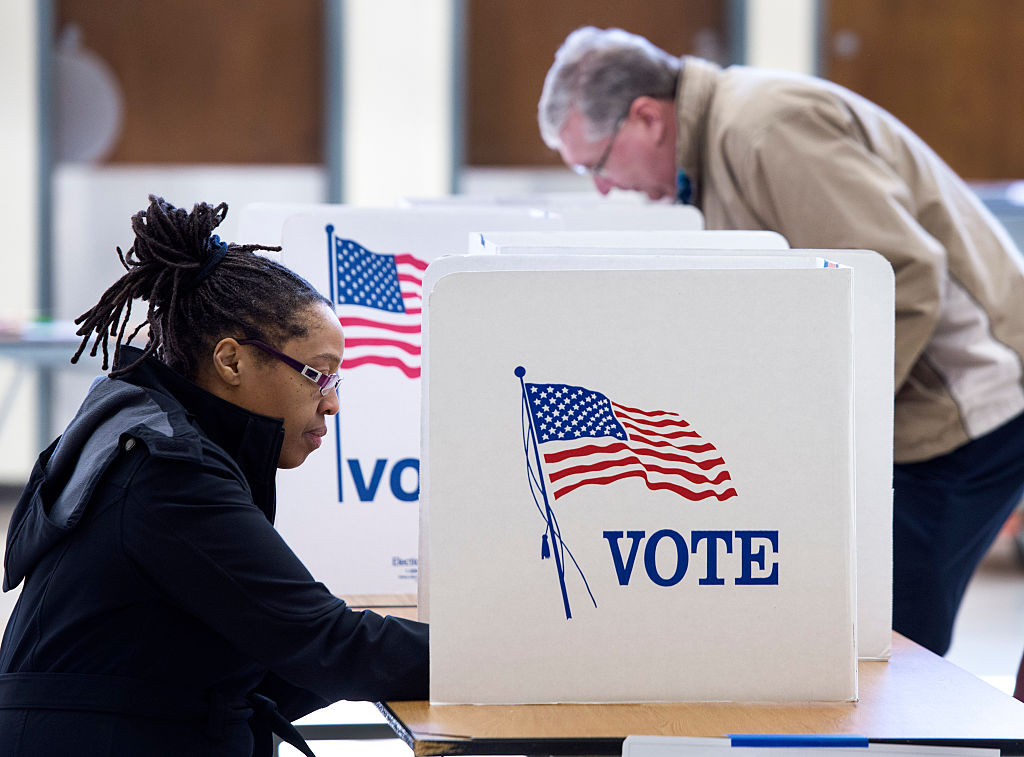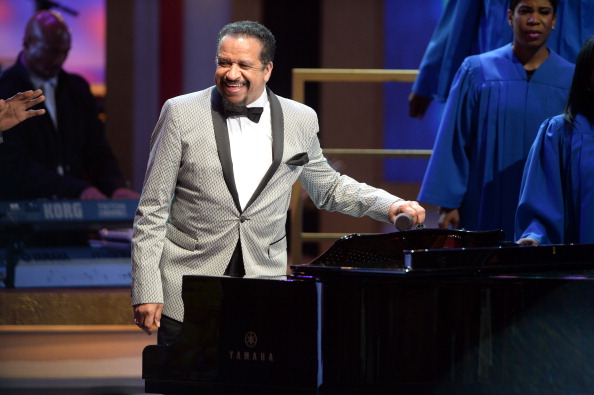Jay Williams’ ‘Imported’ documents how overseas basketball works for Americans

Television analyst and former NBA guard Jay Williams has long wondered what it would be like to play basketball overseas. The second overall pick in the 2002 NBA draft, whose basketball career was derailed by a motorcycle accident in June of 2003, considered playing professionally in Italy but ultimately declined.
Through the Andscape documentary “Imported,” however, Williams was able to gain insight into what it would have been like to play abroad.
“Imported,” currently airing on Hulu, is a documentary that showcases professional basketball players who play overseas after their NBA and WNBA dreams were not realized. These American men and women tell their stories about going overseas to play basketball for the love of the game, to learn new cultures, and to experience passionate crowds while also facing challenges of war, receiving compensation, and more.
The documentary was directed by Fiz Olajide, co-produced by Williams and Milwaukee Bucks star Giannis Antetokounmpo through their company Improbable Media, and was spearheaded by film producer and former overseas basketball player Mike Creppy Jr. The documentary includes former NBA guard Marcus Williams, past WNBA draftee Lindsey Pulliam and former University of Louisville guard Edgar Sosa, among others.
The following is a Q&A with Williams, 44, about “Imported,” his involvement with the project, what he hopes can be gained by the opportunity, the future of basketball internationally, and more.
How did you get involved with this documentary?
No. 1, having GA [Antetokounmpo] as a partner in your media vehicle has given me a lot of insight from his perspective and also his family’s perspective on Euro basketball in general. I had a quick sniff of it after I got hurt. I had a chance to go over and play in Italy. I spent some time traveling over there and just talked. I’ve obviously had so many friends that have played basketball overseas, and you hear all these, frankly, just jolting stories, man. Whether it’s somebody dealing with a war that’s happening, whether it’s somebody dealing with not being paid, whether it’s styles of basketball, the physicality of it. And especially over the last 10 years, the MVPs that we’ve had in our own league in the NBA have all been European players.
And I think honestly, the timing of this doc and these debates that you actually have on air about who’s the next standout American player and kind of the unfair crown that was put on [Minnesota Timberwolves guard] Anthony Edwards. … And I think A.E. could definitely be that player, right? But that weight that the public and the media put on him because of this European pressure, because of this league in NBA Europe with [commissioner] Adam Silver, because of the league that’s starting overseas with LeBron [James] and [James’ business partner] Maverick [Carter]. It’s just a really hot time to talk about how playing overseas is different than any other style of basketball that we witness here in the United States.
Why didn’t you end up playing in Italy?
I had an offer to play. I went over. I met the team I knew I was going to play for, and I came back and I ended up dislocating my right ankle and I never got a chance to go over and play.
Mikhail Serbin/Euroleague Basketball via Getty Images
What do you want people to gain from watching this documentary?
There is a depiction that if you don’t play in the NBA you’re not a success, right? Success? Ask [former NBA guard] Trajan Langdon if he thinks he’s a success story. He played over in Moscow for a long time. So, I think they are changing the dynamics of how much you can earn by playing [internationally], but also some of the realities of how their businesses are run very differently than ours — how women’s basketball is very different than men’s basketball. I think just the biggest takeaway is how the rest of the world works as opposed to how things are here and the opportunities that exist and some of the challenges that come along with those.
Each person has their own unique account with their experience. I think that’s what makes it truly special from a storytelling perspective is that when you ask someone how it was playing overseas, everybody has a different story. People do have different stories here in the United States, but the cycles of how things work for the most part [are similar]. I think being an American playing overseas is even a different approach because it kind of brings in the whole terminology of imported.
How would you describe your involvement in the documentary?
A lot of it is Mike Creppy. I give him a lot of credit. He played overseas. He’s been incredible from a storytelling perspective. So, really hearing his story brought other stories to life that we were able to tap into. So, for me, it was about being attached to this, but also helping produce it, think through it, look through the raw footage, give feedback on the raw footage and think about how we construct it.
It’s been an incredible opportunity, man. Incredible process too, especially since I’m a basketball nerd. I love this s— more than anything. So, it’s funny, even now doing college basketball and NBA basketball [commentary] here [for ESPN], you start seeing so many of these styles and trends that you see overseas now in college basketball and players that being recruited overseas from professional teams being here, and even what happened with the [former] G League kid [Santa Clara signee Thierry Darlan] being allowed to play in college now. This whole dynamic, it’s a white space and it’s changing right in front of our eyes.
Adam Pantozzi/NBAE via Getty Images
Do you think NBA players need to get more educated on overseas basketball jobs?
I hope the public can start recognizing the power of international basketball. It’s why you’re seeing the NBA try to pivot more towards building an international league. That’s why you see the expansion of NBA Europe. That’s why you see models out there floating around with LeBron and Maverick that make sense where they’re getting large investors because of the [needed] revenue, whether that’s for facilities that are still outdated, the chance to revamp those. …
Look at the business that we created with China. Look at that Tencent deal. Look at NBA China. Look at the league that they’re developing there. That was a sign of things to come, the international revenue associated with our game. We haven’t found a player in India yet… [but] look at what [Yao Ming] did for the valuation of the Houston Rockets. So, I just think that this is something that the rest of the world has been paying attention to for some time now economically. From a cultural perspective, it’s finally at the forefront of these conversations because it’s always been America first, America against the world. It feels like when it comes to basketball, we are becoming smaller and smaller compared to the rest of the world when it relates to talent.
What is the importance of also telling the woman’s side of the story in this documentary?
The women’s side is even more jarring than the guys, right? When you think about all the things that they’ve had to go through? They felt more appreciated in other countries than their own. The dichotomy of that feeling and also the style of basketball, seeing the way they play here compared to the way they play overseas. But that’s where they would go earn [money]. As much as we look at it as hoopers, women have a much different experience being overseas than men have. Even when tumultuous things happen, the feeling of safety and being protected and feeling secure, being on their own is a very vulnerable time and space for them to witness and experience. So, they’re somewhat similar, but they’re also drastically different.
When you think about the Basketball Africa League, what the NBA is about to do in Europe with a basketball league, what James and Carter could potentially do in Europe with a basketball league, what do you think about the future of basketball internationally?
You’re going to have not just NBA Europe, but I think you’re going to have NBA franchises in Europe. Inevitably, in order to disrupt the culture of youth basketball, look at how private equity is coming towards youth sports in general. It’s a trillion-dollar industry. So, the idea of what Overtime Elite has already done is just going to be scaled. You’re going to get academies across the world. It’s similar to soccer. Think about the Philadelphia Union and their academy, where it’s almost like you’re going to trade school where you’re 12-13 [years old] going into a program academically where you get challenged. But you’re working on your trade constantly. We’ll have young players who will be pros earlier. And I think when you get to a lower level of that, it’s inevitable. You have to develop somewhat of a belt system.
I’m a huge taekwondo fan. I took taekwondo growing up, and I remember when I was a white belt compared to a yellow belt, compared to a blue belt, compared to a brown belt, compared to before you became a black belt. And I think similar in youth sports, it has to go to some type of belt system where the NBA proverbially can own your data, they can follow you, they can use those metrics even from an e-commerce perspective, advertising perspective, all of it is going to funnel into how AI is going to be disruptive with that as well. But I think there is going to be a lot more structure developed around youth basketball instead of just going to your park and playing. It’s going to be operationalized and professionalized.
Rocky Widner/NBAE via Getty Images
When you watch this documentary, are you more curious about what it would have been like for you playing in Italy?
I wonder what my experience could have been like over in Italy. But at the same time, I was so narrowly focused on my goal to get back to the NBA. I didn’t give myself time to really think about anything else. I used to talk to [former WNBA star] Sue Bird about this all the time. And if you watch that Diana Taurasi doc, you start hearing how much money they made over there. But also, what they had to go through in order to make that money and the stress that came along with that. And for a lot of my friends that hear those stories of being away from their family, being on their own, yes, it comes with a lot of positives and the money is a positive. But the loneliness, forming a new identity, building a community, your relationship with your coach, when there’s a language barrier relationship with ownership, it’s not as easy as it looks.
So yeah, the experience might sound good on paper, but the reality that actually you are living it, it’s really hard. And I was appreciative that in our storytelling process we got a chance to really dig into the truth of how arduous that task actually was.
The post Jay Williams’ ‘Imported’ documents how overseas basketball works for Americans appeared first on Andscape.
What's Your Reaction?
 Like
0
Like
0
 Dislike
0
Dislike
0
 Love
0
Love
0
 Funny
0
Funny
0
 Angry
0
Angry
0
 Sad
0
Sad
0
 Wow
0
Wow
0







